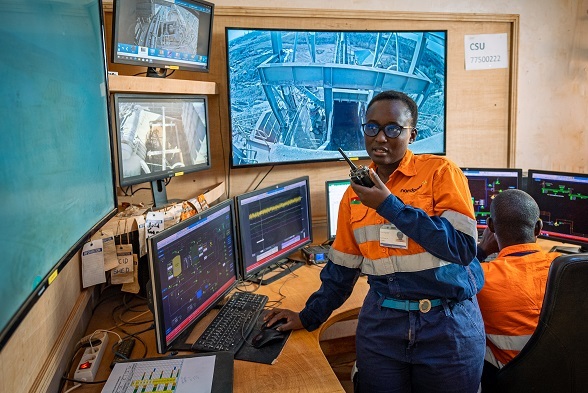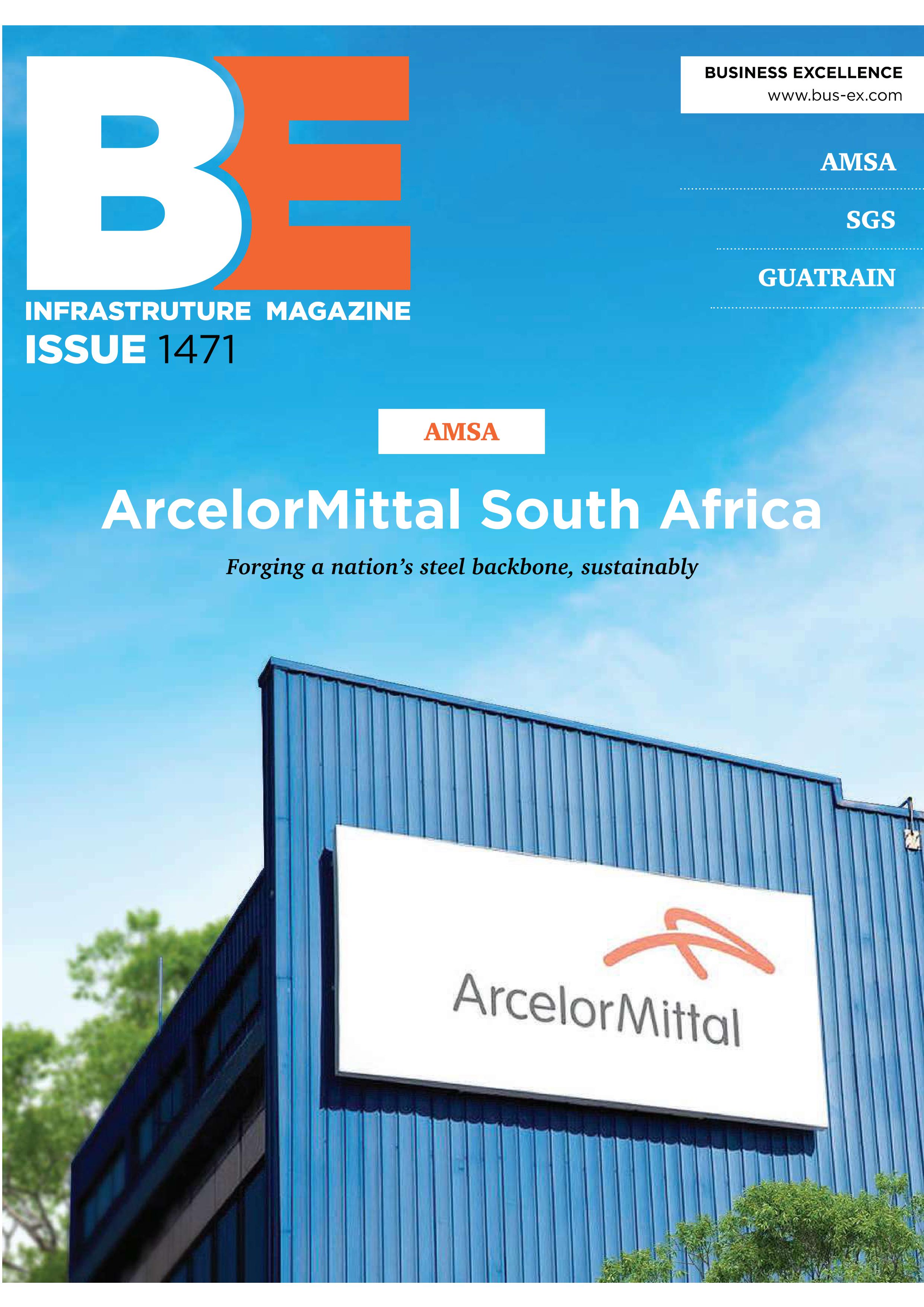Providing a retail foodservice to a largely poor population throws up its own challenges, as Alan Swaby learns.
There won’t be many national chains of retailers anywhere in the world that have outlets measuring from just 100 square metres, but that’s the reality of doing business in Malawi.
For those whose geography is a bit shaky, Malawi is a land locked country in the east of Africa, surrounded by Tanzania and Mozambique to the east and Zambia to the west. The largest city, Blantyre, is 350km from the nearest port.
“Malawi is one of the poorest of African countries,” says Paul de Walder, managing direct of the Peoples’ Trading Centre. “People survive principally on subsistence agriculture with cash crops such as tobacco and maize. There is some hope, though, for a more affluent future as uranium ore has been discovered in the north and now more exploration is occurring.”
Malawi is also small by African standards, with a third of the land mass taken up by water. But this does render the 14 million inhabitants amongst the most densely populated, meaning that all but the most isolated of residents can buy their provisions from one of the 105 outlets, ranging from 100 square metre convenience stores to 2500 square metre hybrid cash & carry’s, that make up the nationwide Peoples’ Trading Centre network.
PTC’s parent is the South African Metcash company which had a minority shareholding in the Malawi retailer as long ago as 1986. In 1998, a full 50/50 joint venture with local shareholder Press Corporation saw Metcash take a larger stake in the business and assume day to day management control.
“With as much as 90 percent of the population classified as poor,” says de Walder, “we have made a strategic decision to structure our business in a way that serves the majority best. There is now quite a degree of foreign competition in the retail sector but they are largely chasing customers from the professional classes and ex-pats in the urban centres. These people also come to us when they are looking for a bargain, or for convenience, but it will be many years before the majority is affluent enough to shop in what we recognise as conventional supermarkets.”
Instead, PTC operates what it calls its hybrid model—a pile ‘em high wholesale operation to which private consumers are welcome. But whether selling in bulk to unofficial traders or individually to the poor majority, the only way Metcash can provide the goods at an affordable price is by keeping the costs of the operation as low as possible. So, by any advanced standards, the stores aren’t pretty. But while the sophistications of a western supermarket might not be present, the range, choice and general presentation is. “Our 29 in-store bakeries, for example,” says de Walder, “have the lion’s share of the standard bread market. Similarly, we have 13 in-store butchers providing fresh meat in the way Malawians like to buy it. It is important to us that we provide a level of shopping experience that allows our customers to retain their dignity no matter how poor they may be.”
It’s not that Malawi is completely devoid of a food industry. There is a dairy sector and there are local companies that make biscuits, for example. It’s true that most of the goods sold are of the dry grocery or tinned variety, nevertheless, PTC stores are all equipped with at least some refrigeration for fresh products. And herein lies one of the biggest challenges of doing business in a country where infrastructure of all kinds is both thin on the ground and unreliable. Bread baking and fresh meat need a reliable source of electricity which simply doesn’t exist and becomes even more erratic the further away from conurbations the supply network goes. Consequently, all retailers have to carry the extra cost of supplying and maintaining their own back-up power generators.
The next great challenge is attracting and then hanging on to talented staff. Malawian youths are no different to the rest of the world in wanting an easy life for the best money. The trouble is that retail doesn’t offer this combination, especially when the objective is keeping a cap on costs. As such it is a constant battle for de Walder to replenish what is fast becoming an ageing management team.
“We try to get promising graduates with no work experience,” says de Walder, “and put them through an accelerated training programme which will equip them to become assistant managers within their first year. But we just have to be philosophical and accept that in a country driven by poverty, people will move for a few dollars a month more.”
The final great challenge is taking the management of the business into the 21st century. Up until now, all reporting has been ... slow. Now, though, on the back of a new IT system from the UK company PCMS that Metcash is installing in South Africa, PTC is introducing its own version. Bearing in mind the inadequacies of the infrastructure, data transmission will be via wireless. The main problem is the human angle. de Walder knows it will be a gradual process. “Owning a computer is a rarity here,” he says. “In fact many of our staff probably have never even seen one. Now we are expecting them to learn how to operate sophisticated software from a zero base.”
So then, no shortage of challenges for de Walder to get his teeth into, but it hasn’t stopped the business being a success. PTC generates an impressive US$100 million per annum. It employs 1900 staff contributing to the country’s economy. “We focus on essentials,” says de Walder. “Our business unashamedly highlights its nationalistic and local connections. We support local companies and provide a channel for them to get the goods they grow or make to the market.”
de Walder is well aware that growing competition might have to be met by changes and already there are contingency plans in place. The 100 square metre stores, for example, would then be uneconomical for PTC to operate and de Walder envisages the day they would be transferred to budding entrepreneurs under a franchise scheme. “It would be good to have something similar to the South African Black Economic Empowerment programme, but until then we’ll help where we can.” www.metro.co.za













